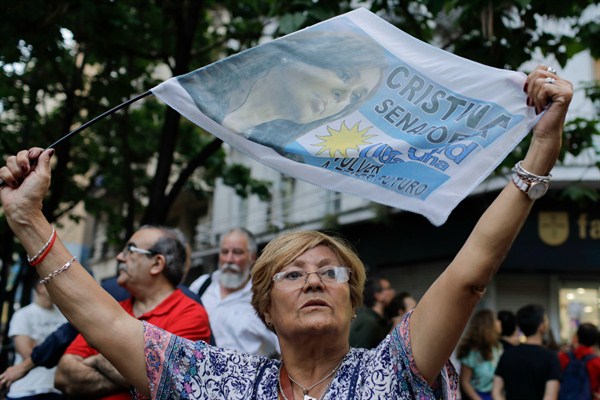As the deadline to register for this year’s presidential election in Argentina approaches, the outlook for the vote in October looks increasingly muddled. The legal troubles for former President Cristina Fernandez de Kirchner continue to mount, with yet another indictment just last week. But she remains the favorite to take on President Mauricio Macri, who defeated her party’s candidate in 2015.
Incredibly, polls show the two are neck and neck. That’s because Macri’s popularity has collapsed under the weight of severe economic problems. Once again, the dominant theme in Argentine politics is tumult and uncertainty.
When Macri took office four years ago, it marked what many Argentines hoped would be a turn toward relative stability. Over two terms as president, following the presidency of her husband, Nestor Kirchner, Fernandez had presided over a divisive, populist brand of economics. Her leftist policies fared well during the days of the commodities boom, but they fell apart when export prices came back to Earth. Her response was to go after the media for reporting unfavorable news, stop issuing inflation statistics when prices started skyrocketing, boost government spending until the deficit became unsustainable and, according to prosecutors, engage in wide-ranging corruption.

